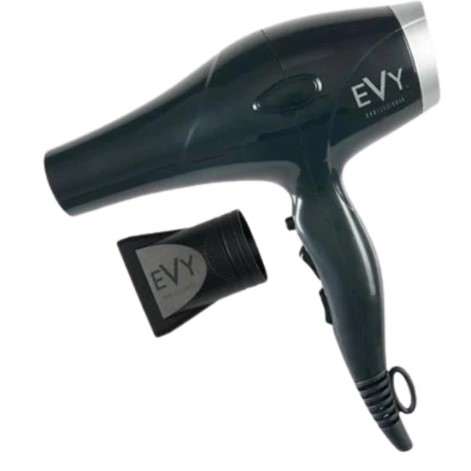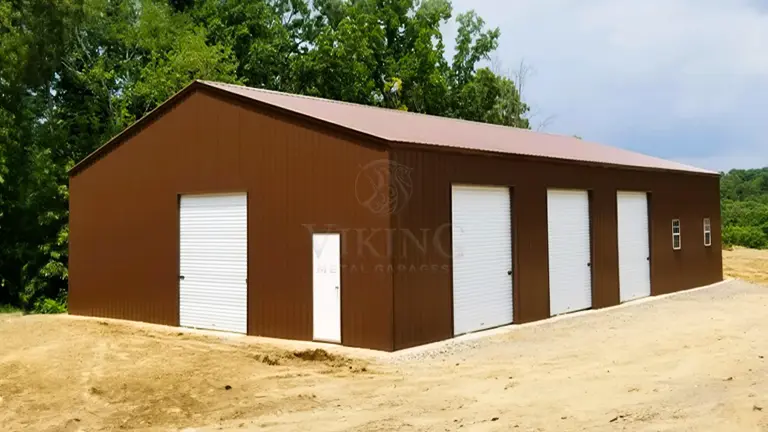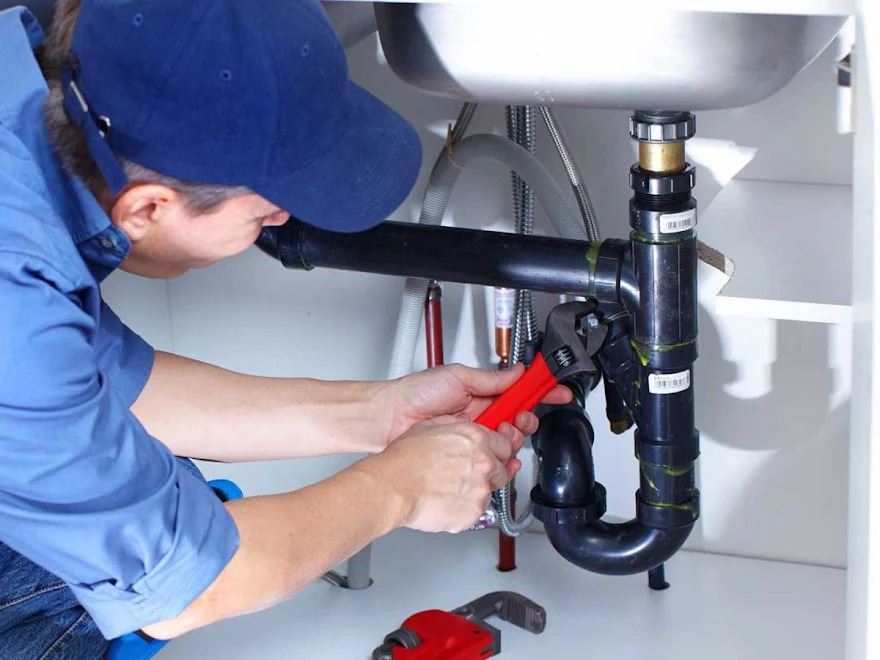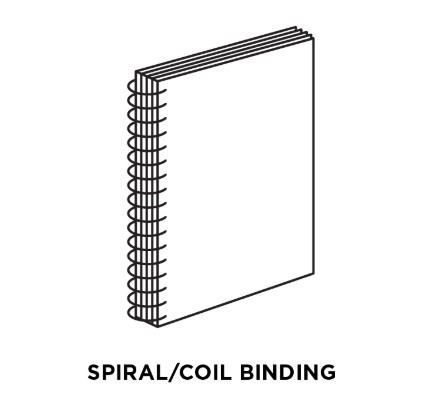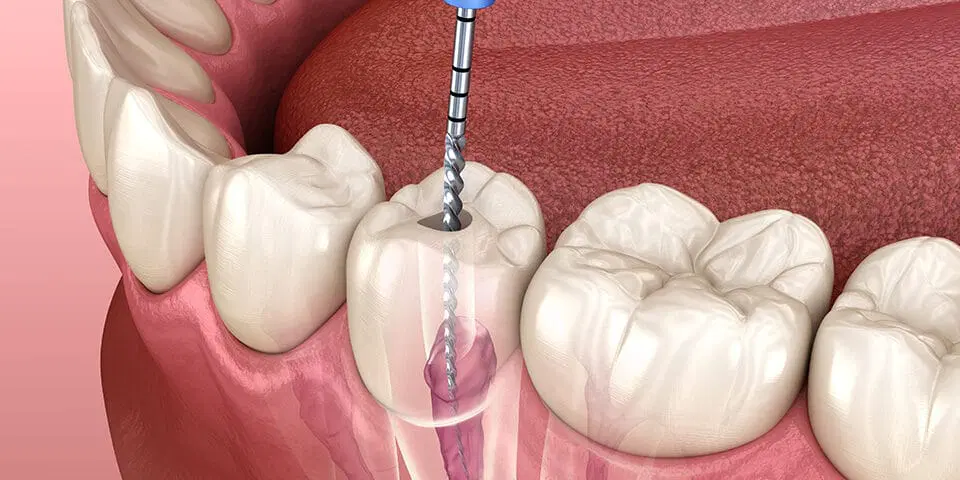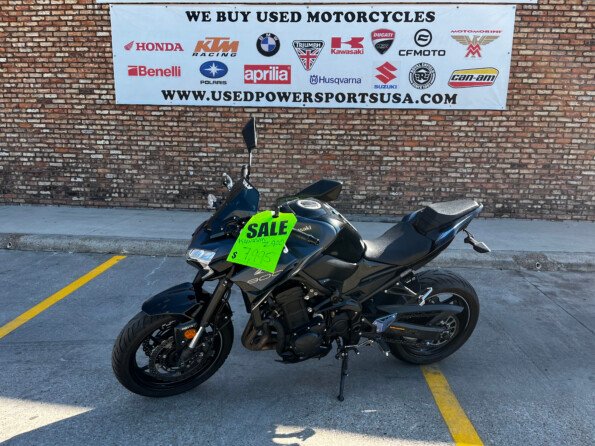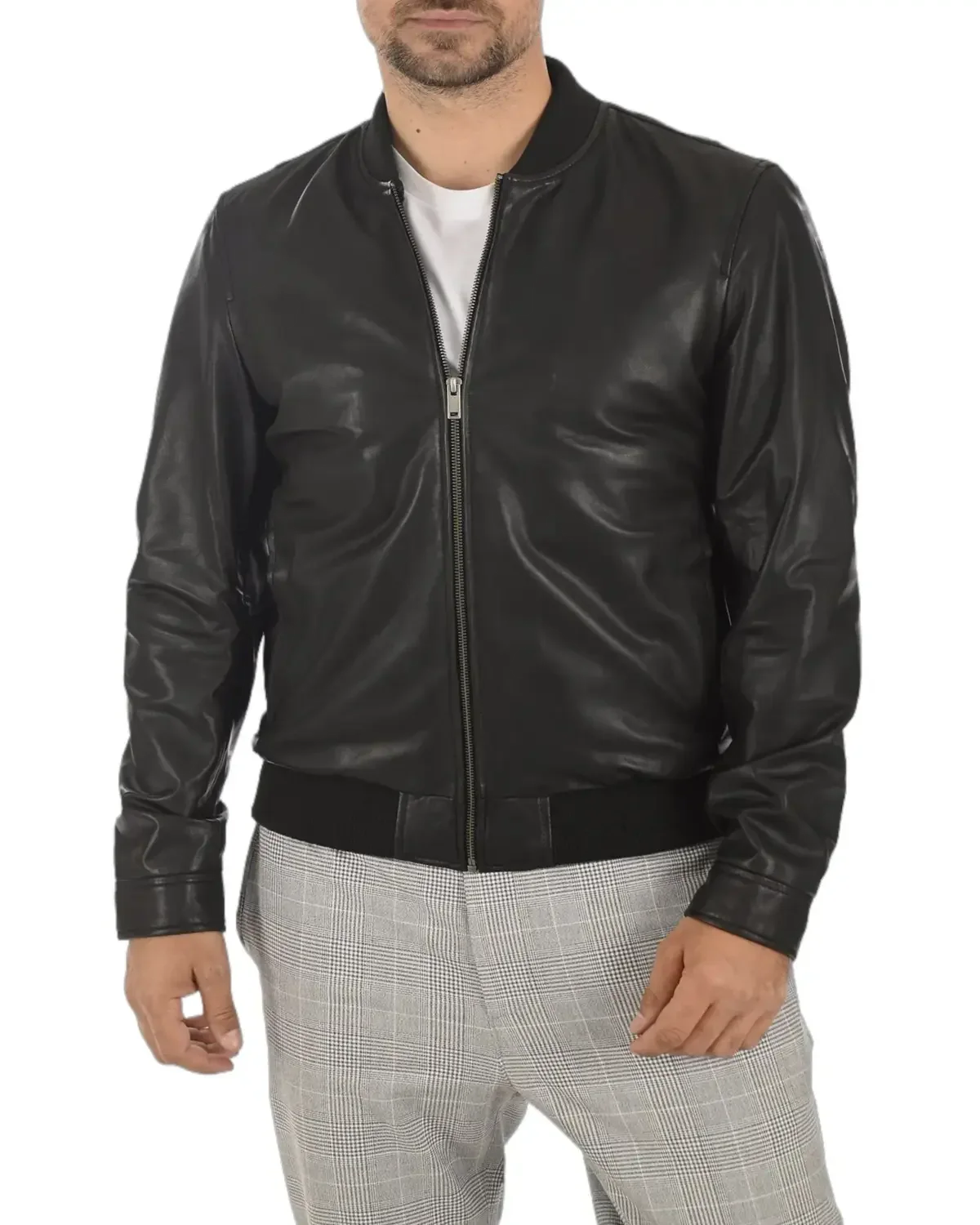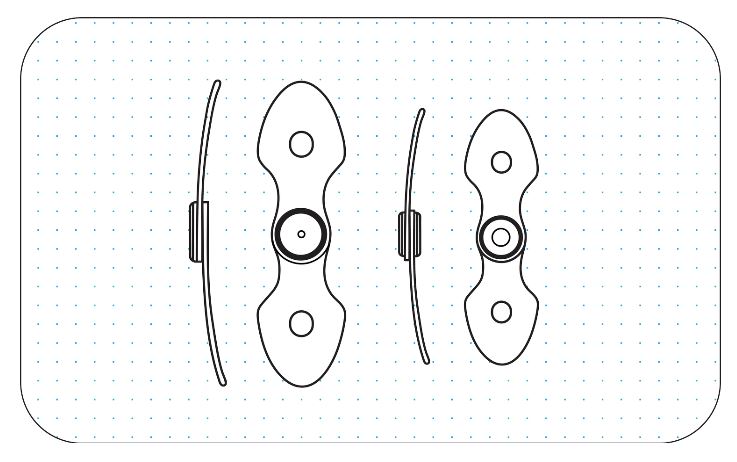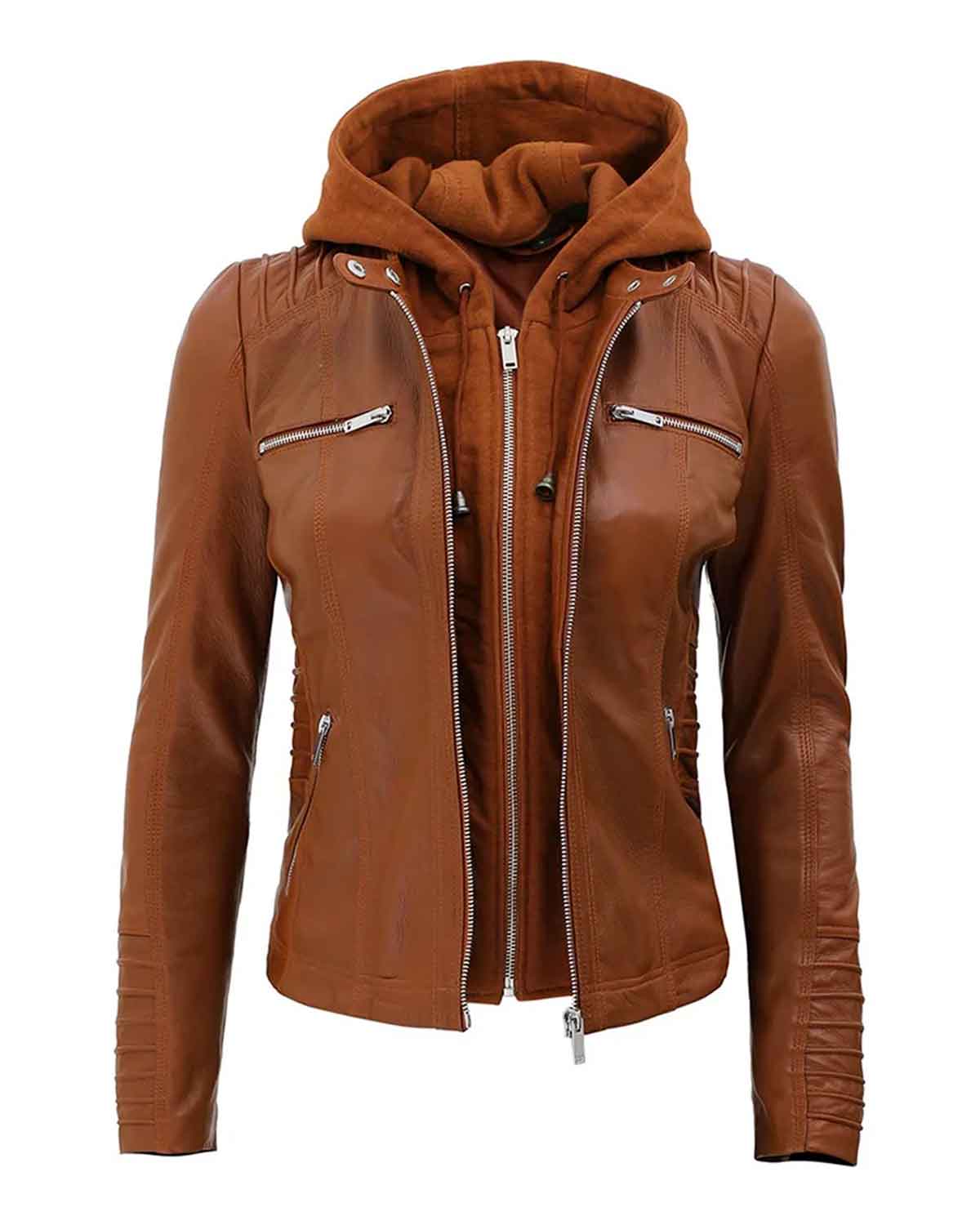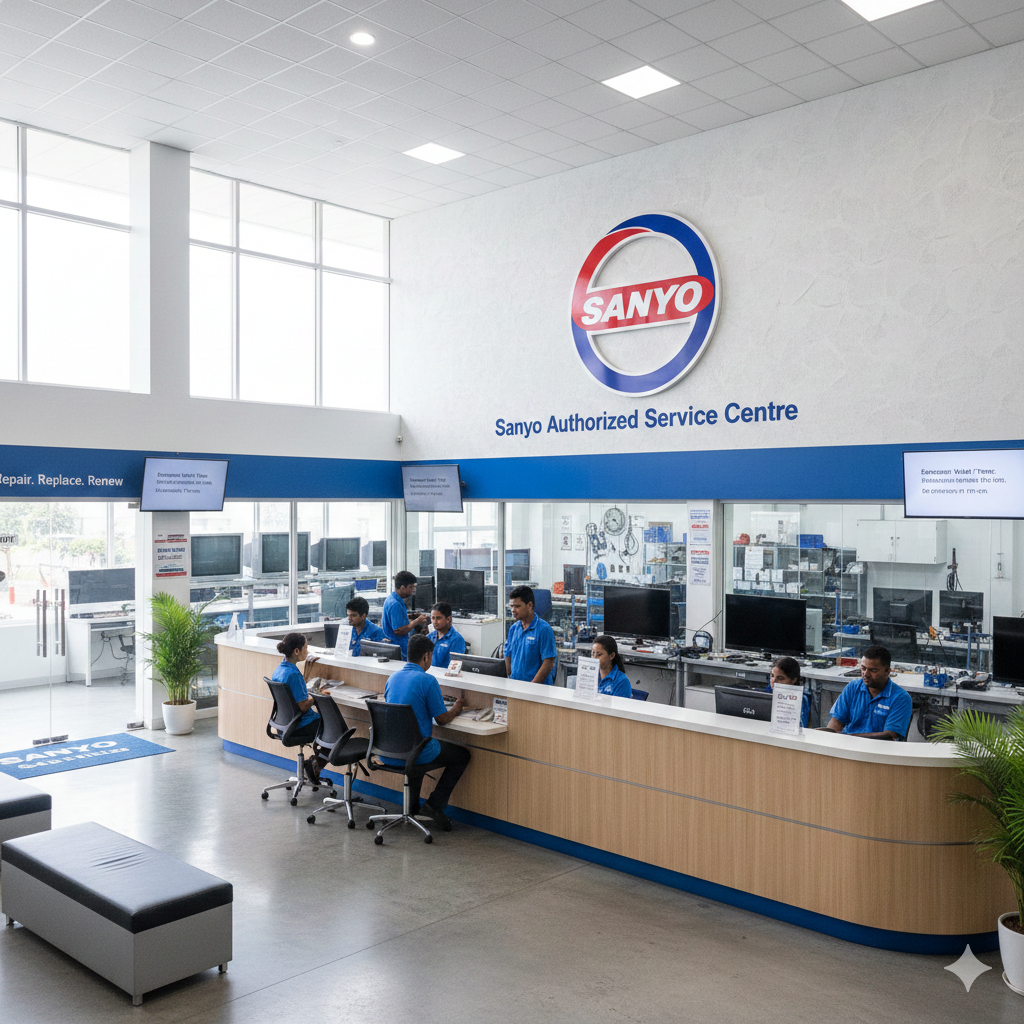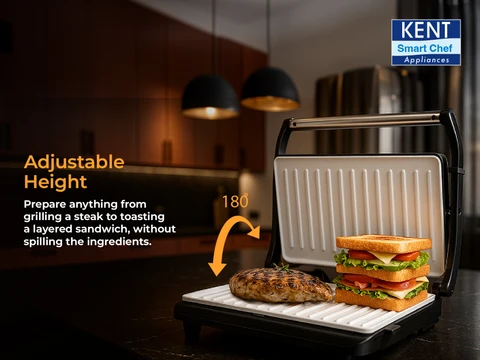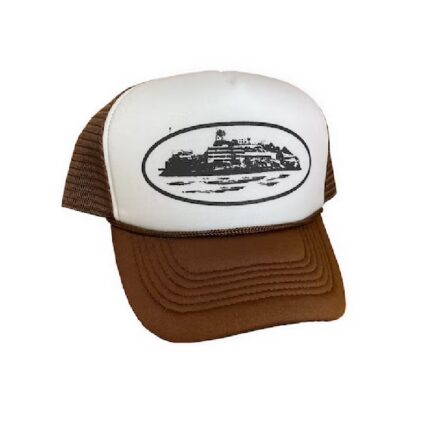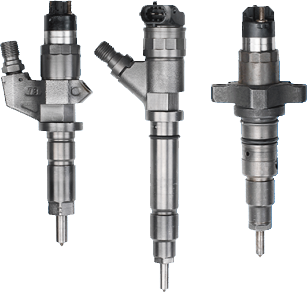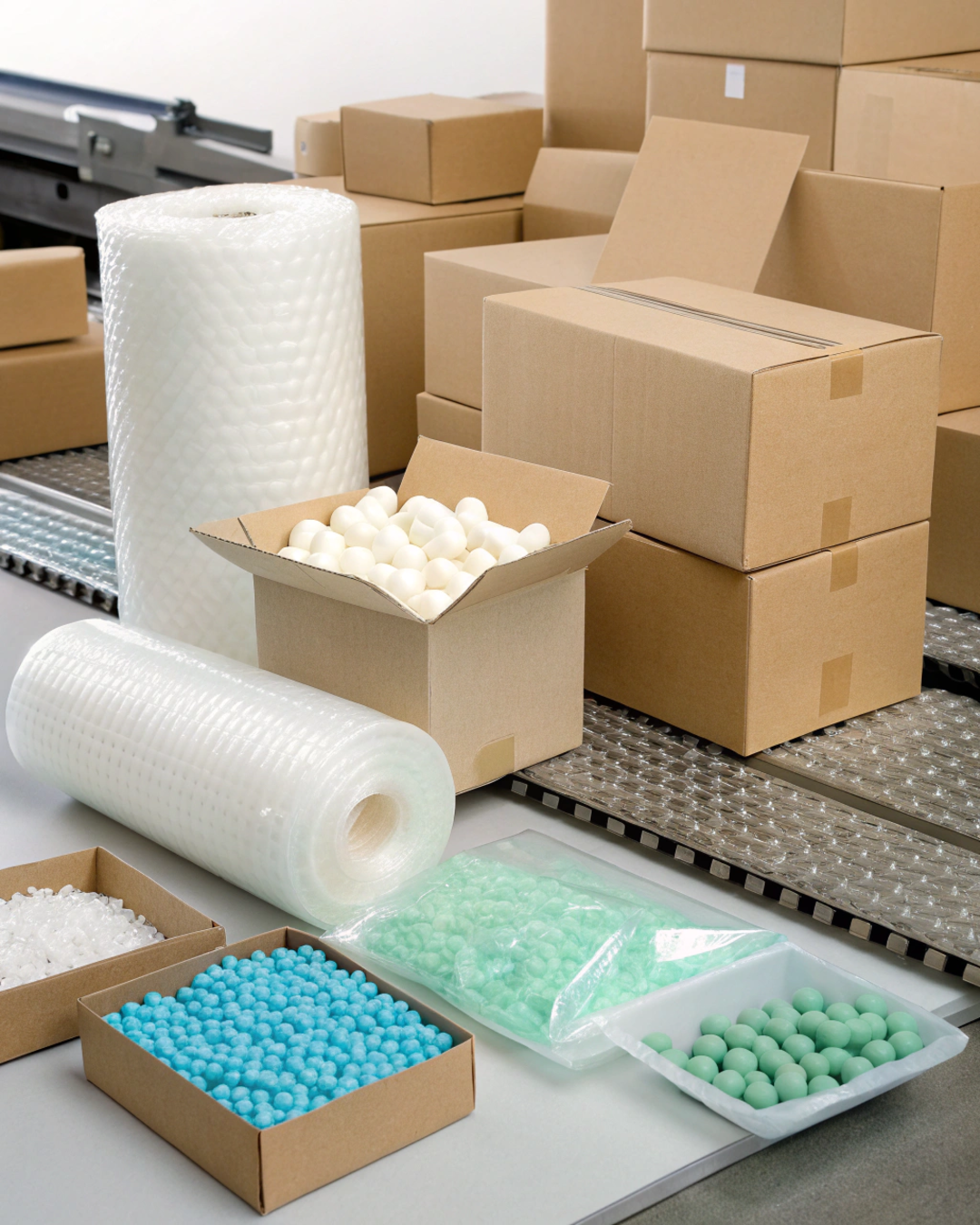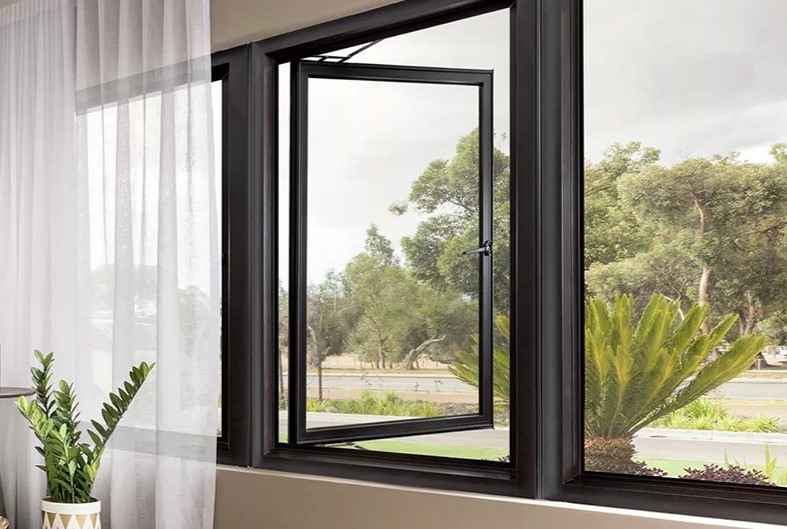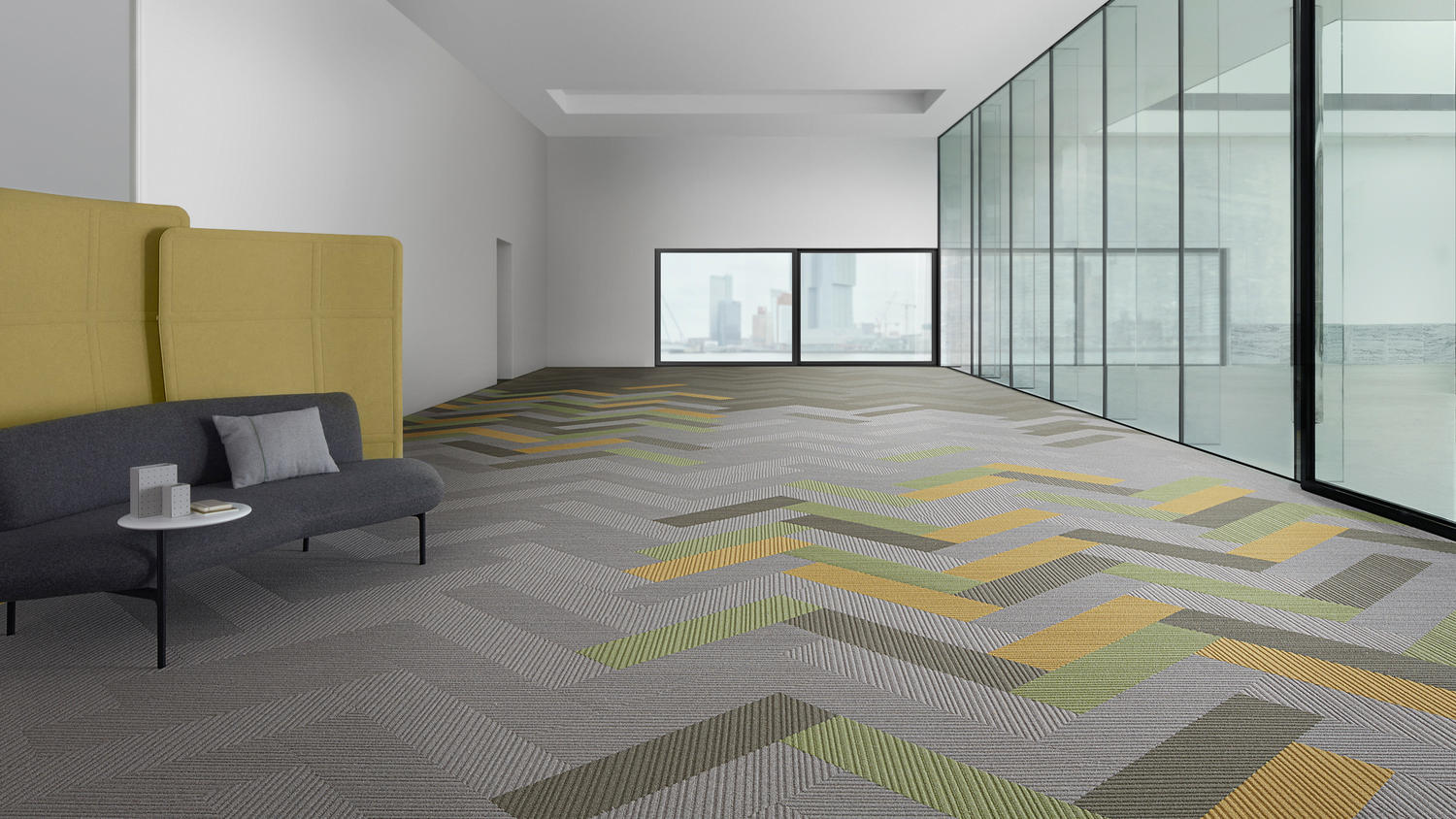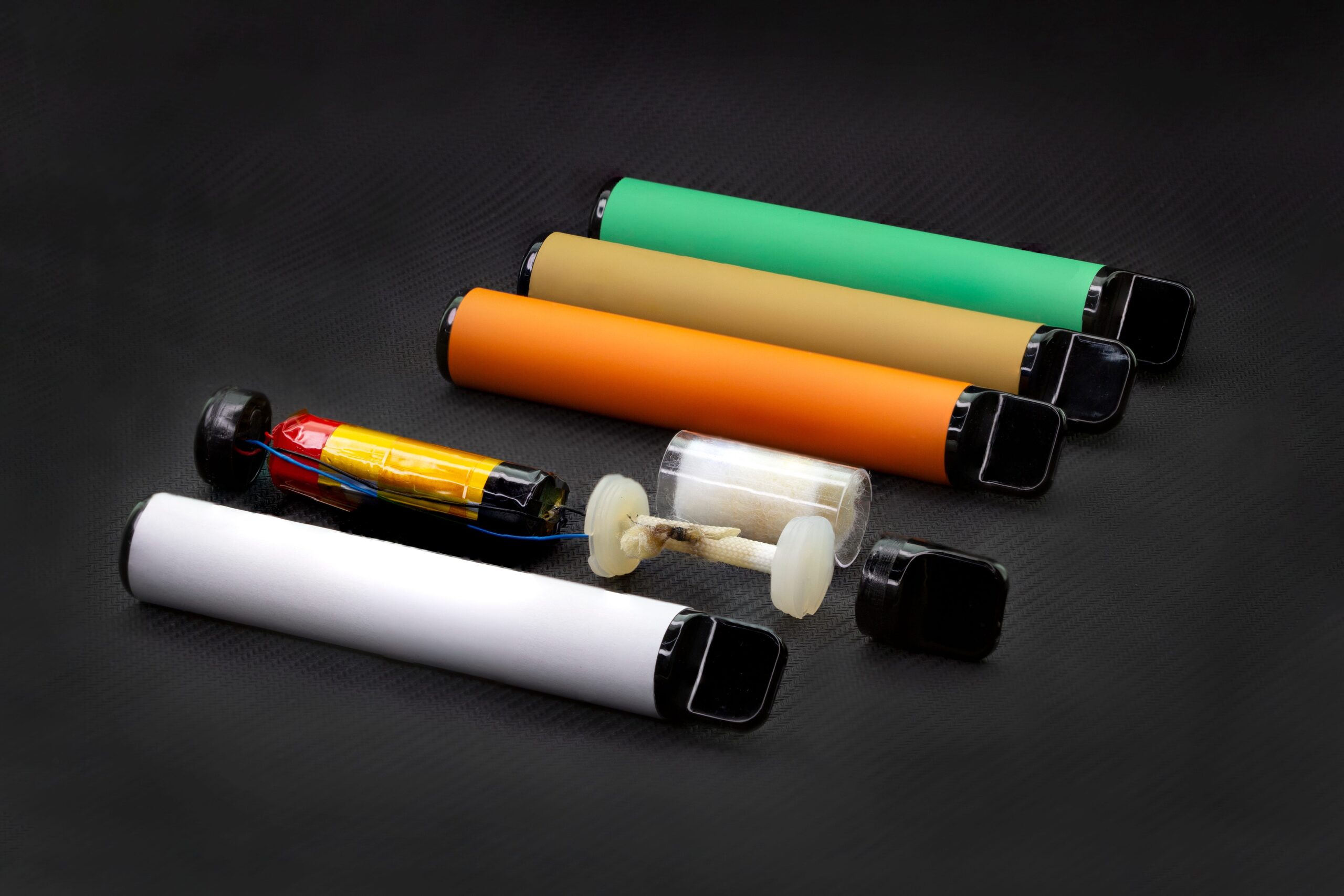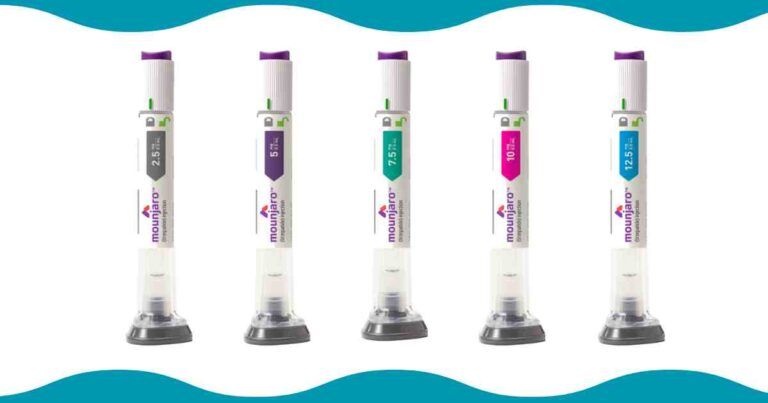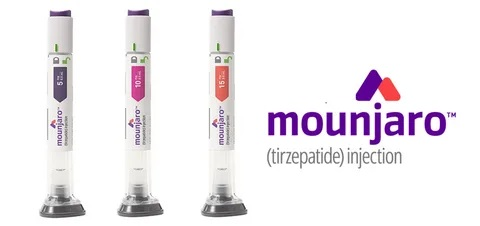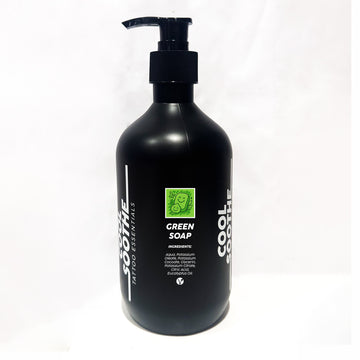Polyurethane Wheels: Durable, Versatile, and Built to Last

Introduction
Polyurethane wheels have become a staple in various industries due to their remarkable durability, versatility, and longevity. Whether in manufacturing, warehousing, healthcare, or retail, these wheels provide superior performance compared to traditional rubber or metal alternatives. Their ability to withstand heavy loads, resist wear and tear, and offer smooth movement makes them an ideal choice for businesses looking to enhance mobility and efficiency.
Understanding the benefits, applications, and key considerations when choosing polyurethane wheels can help businesses optimize their equipment for durability and ease of movement.
What Are Polyurethane Wheels?
Polyurethane wheels are industrial wheels made from polyurethane, a synthetic polymer known for its elasticity, strength, and resistance to abrasion. These wheels combine the toughness of plastic with the flexibility of rubber, making them suitable for a wide range of applications.
Polyurethane wheels are available in different compositions, including soft and hard variations, depending on the intended usage. Some are designed with a metal core for added strength, while others are made entirely of polyurethane to provide flexibility and shock absorption.
Advantages of Polyurethane Wheels
1. High Durability and Longevity
One of the primary reasons businesses prefer polyurethane wheels is their exceptional durability. Unlike rubber wheels, which wear out quickly under heavy loads, polyurethane wheels are highly resistant to abrasion, extending their lifespan significantly. Their resilience against cracking and tearing ensures that they remain functional even in demanding environments.
2. Superior Load-Bearing Capacity
Polyurethane wheels can support heavier loads than rubber wheels while maintaining their shape and performance. This makes them an excellent choice for industrial applications where high weight capacities are required, such as heavy machinery, trolleys, and material-handling carts.
3. Floor Protection and Noise Reduction
Many workplaces require wheels that do not damage flooring surfaces. These wheels roll smoothly over a variety of surfaces, preventing scuffs, scratches, and marks on delicate floors such as hardwood, tile, or polished concrete. Additionally, they absorb vibrations and minimize noise, making them ideal for environments where quiet operation is necessary, such as hospitals and office buildings.
4. Resistance to Chemicals, Oils, and Solvents
In industrial settings where exposure to chemicals, oils, and solvents is common, polyurethane wheels provide a reliable solution. Their chemical-resistant properties ensure they remain functional even in harsh environments, making them perfect for manufacturing plants, laboratories, and food processing facilities.
5. Weather and Temperature Resistance
They perform well in extreme weather conditions. Unlike rubber, which can harden in cold temperatures and soften in heat, polyurethane maintains its structure and functionality across a wide temperature range. This makes them suitable for both indoor and outdoor applications.
6. Versatility in Applications
Due to their combination of strength and flexibility, polyurethane wheels are used in various industries. From heavy-duty industrial machinery to lightweight office chairs, their adaptability makes them a preferred choice for multiple applications.
Applications of Polyurethane Wheels
1. Industrial and Manufacturing Facilities
Factories and warehouses use polyurethane wheels in material-handling equipment, conveyor systems, and transport carts. Their ability to handle substantial weight while offering smooth movement improves operational efficiency.
2. Medical and Healthcare Industry
Hospitals and clinics require wheels that provide silent movement and floor protection. Polyurethane wheels are commonly found in hospital beds, medical carts, and wheelchairs, ensuring ease of mobility without disturbing patients.
3. Warehousing and Logistics
In storage facilities and distribution centers, these wheels are used in pallet jacks, dollies, and rolling racks. Their ability to withstand heavy loads while preventing floor damage makes them a valuable asset.
4. Retail and Commercial Use
Retail stores, supermarkets, and shopping malls rely on these wheels for shopping carts, shelving units, and display stands. Their noiseless movement ensures a comfortable shopping experience for customers.
5. Aerospace and Automotive Industry
Mechanics and engineers use polyurethane wheels in tool carts, automotive lifts, and aircraft maintenance equipment. Their ability to handle tough conditions without compromising on performance makes them indispensable in these fields.
6. Food Processing and Hospitality Sector
Restaurants, hotel kitchens, and food processing plants benefit from polyurethane wheels due to their resistance to moisture, chemicals, and grease. Their easy-to-clean nature ensures hygiene compliance in food-related industries.
Factors to Consider When Choosing Polyurethane Wheels
1. Load Capacity
Different polyurethane wheels are designed for varying weight capacities. Selecting a wheel with an appropriate load-bearing capacity prevents premature wear and ensures efficient movement.
2. Hardness Level (Durometer)
The hardness of polyurethane wheels affects their grip, flexibility, and durability. Softer wheels provide better traction, while harder wheels offer lower rolling resistance. Choosing the right hardness level based on the application is crucial.
3. Wheel Core Material
Some wheels have metal cores, while others are entirely polyurethane. Metal-core wheels provide additional strength for heavy-duty applications, whereas full-polyurethane wheels offer better shock absorption.
Conclusion
Polyurethane wheels provide an exceptional balance of durability, versatility, and efficiency, making them a preferred choice for various industries. Their ability to support heavy loads, resist environmental challenges, and offer smooth, noise-free movement sets them apart from other wheel materials.
By selecting the right polyurethane wheels, businesses can improve operational efficiency, enhance workplace safety, and reduce long-term maintenance costs. Whether for industrial machinery, medical equipment, or retail applications, these wheels continue to be a reliable and innovative solution in mobility and material handling.


 English
English 
